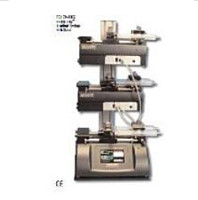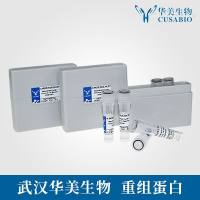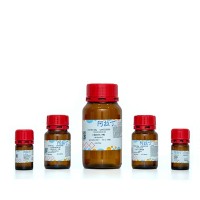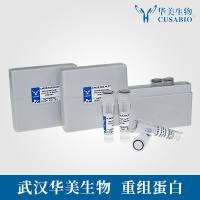Synthesis and Characterization of Polymer Nanocarriers for the Targeted Delivery of Therapeutic Enzymes
互联网
互联网
相关产品推荐

Human targeted ribonuclease ELISA Kit
¥2890

Mixture/Dose Delivery System
¥90000

Recombinant-Saccharomyces-cerevisiae-Beta-16-glucan-synthesis-associated-protein-KEG1KEG1Beta-1,6-glucan synthesis-associated protein KEG1 Alternative name(s): KRE6-binding ER protein responsible for glucan synthesis protein 1
¥10556

Nafion™ 全氟化树脂 溶液(D521CS),31175-20-9,Polymer Content:5.0-5.4%,Water Content:42-48%,VOC Content:47-53%,Total Acid Capacity:0.95-1.03meq/g,阿拉丁
¥567.90

Recombinant-Type-II-secretion-system-protein-FoutFType II secretion system protein F; T2SS protein F Alternative name(s): General secretion pathway protein F Pectic enzymes secretion protein OutF
¥12376

